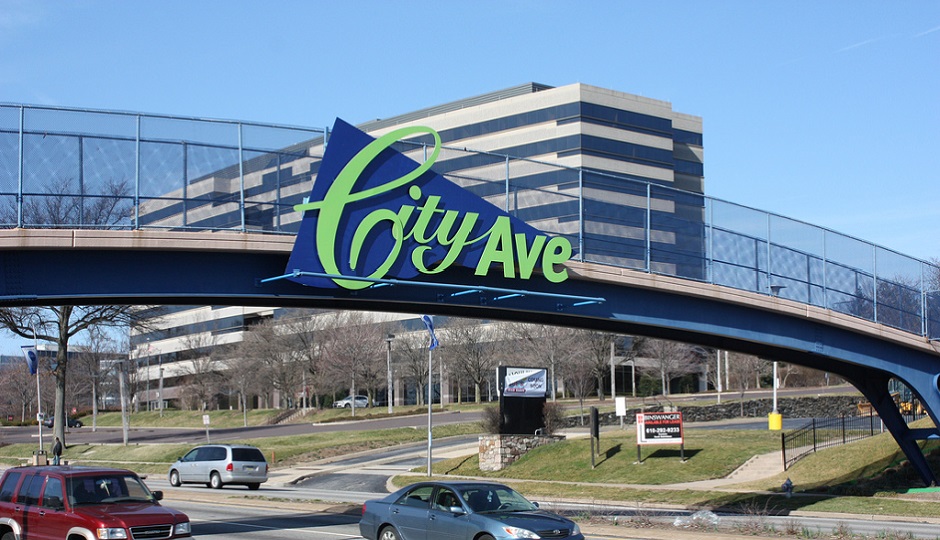If Philly Swallowed the Suburbs, Would It Boost the Regional Economy?
The Philadelphia region is fifth-most fragmented big metropolitan area in the country, according to a new study by political scientists at University of Illinois at Chicago.
In other words, the metro is a mess of separate and (often) competing governments. Temple University’s sociology department puts the number of municipalities in the Philly region at a whopping 370-plus.
Chicago is the most fragmented large metropolitan area in the nation, followed by Pittsburgh, St. Louis and New York. Conversely, some of the metros that scored the lowest on the researchers’ “Fragmentation Index” were Baltimore, Memphis and Washington, D.C.
Is political fragmentation dragging down the economy of the entire Philadelphia region?
Aaron Renn, a senior fellow at the Manhattan Institute, wrote in The Guardian that “fragmentation affects a whole range of things, including the economy.” He said the Organisation for Economic Cooperation and Development “estimates that for regions of equal population, doubling the number of governments reduces productivity by 6 percent. It recommends reducing this effect with a regional coordinating body.”
Jeff Smith, writing for The New York Times, argued that in St. Louis, consolidation”could create economies of scale, increase borrowing capacity to expand economic opportunity, reduce economic pressures that inflame racial tension, and smash up the old boys’ network.” And in Philly, regionalization has been debated for years. Back in the 1990s, then-Mayor Ed Rendell argued that a government representing both the city and suburbs “would redistribute the tax revenues of the entire region so that no one area suffers unduly while another prospers greatly.” Nobody seems to be talking about that now, though.
And not everyone agrees that fragmentation is a drag on the economy, locally or elsewhere. An analysis by CityLab found that, “Despite all the hemming and hawing about how fragmentation impairs economic growth and development, we find no evidence that this is the case. In fact, the Fragmentation Index is positively associated with high wages … and even more so with the concentration of high-tech industry.”
CityLab also reports that political fragmentation is, however, associated with income inequality. Researchers from the University of Minnesota recently found that wealthy white people self-segregate in the Philadelphia region in extraordinary large numbers.
